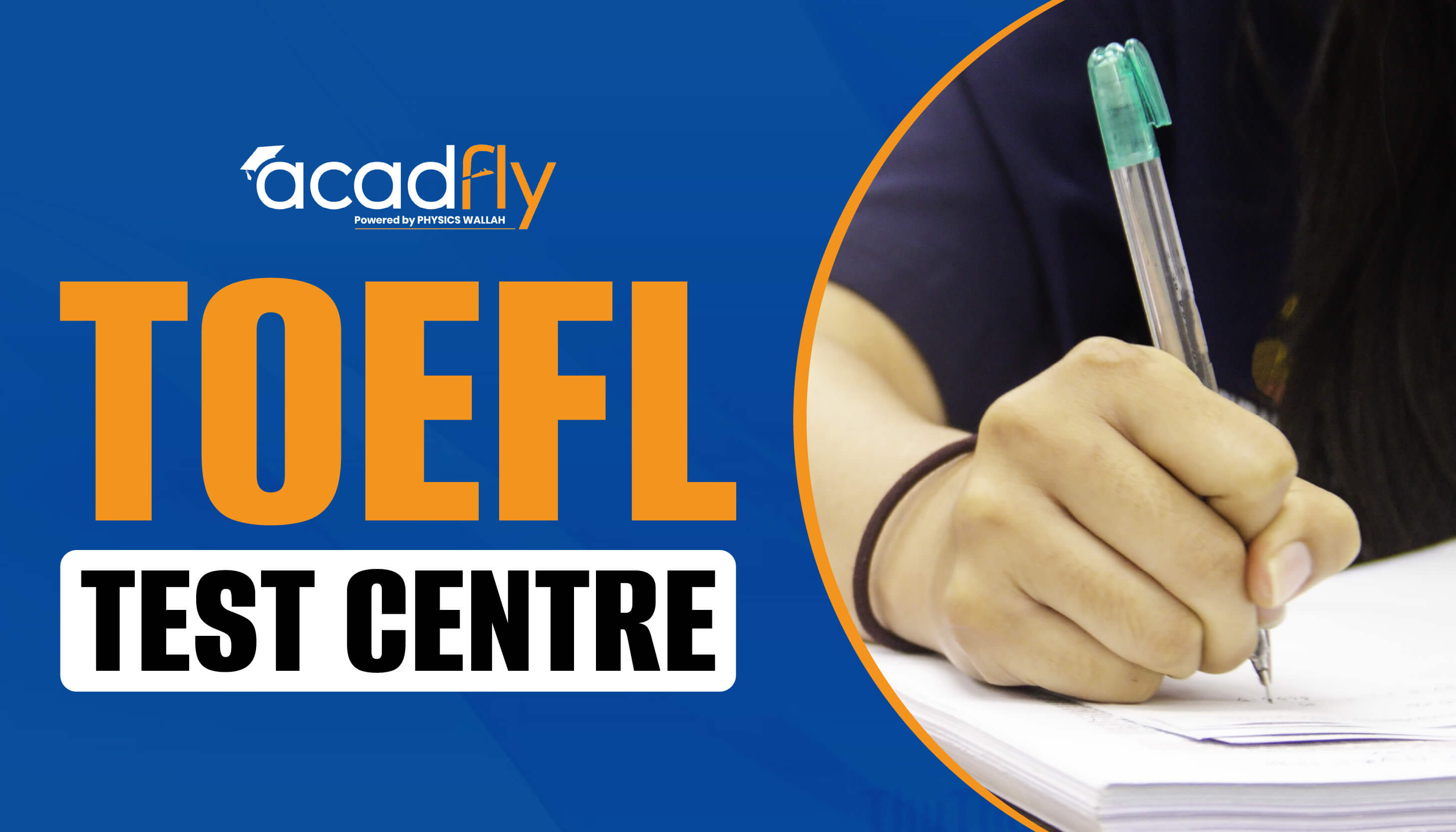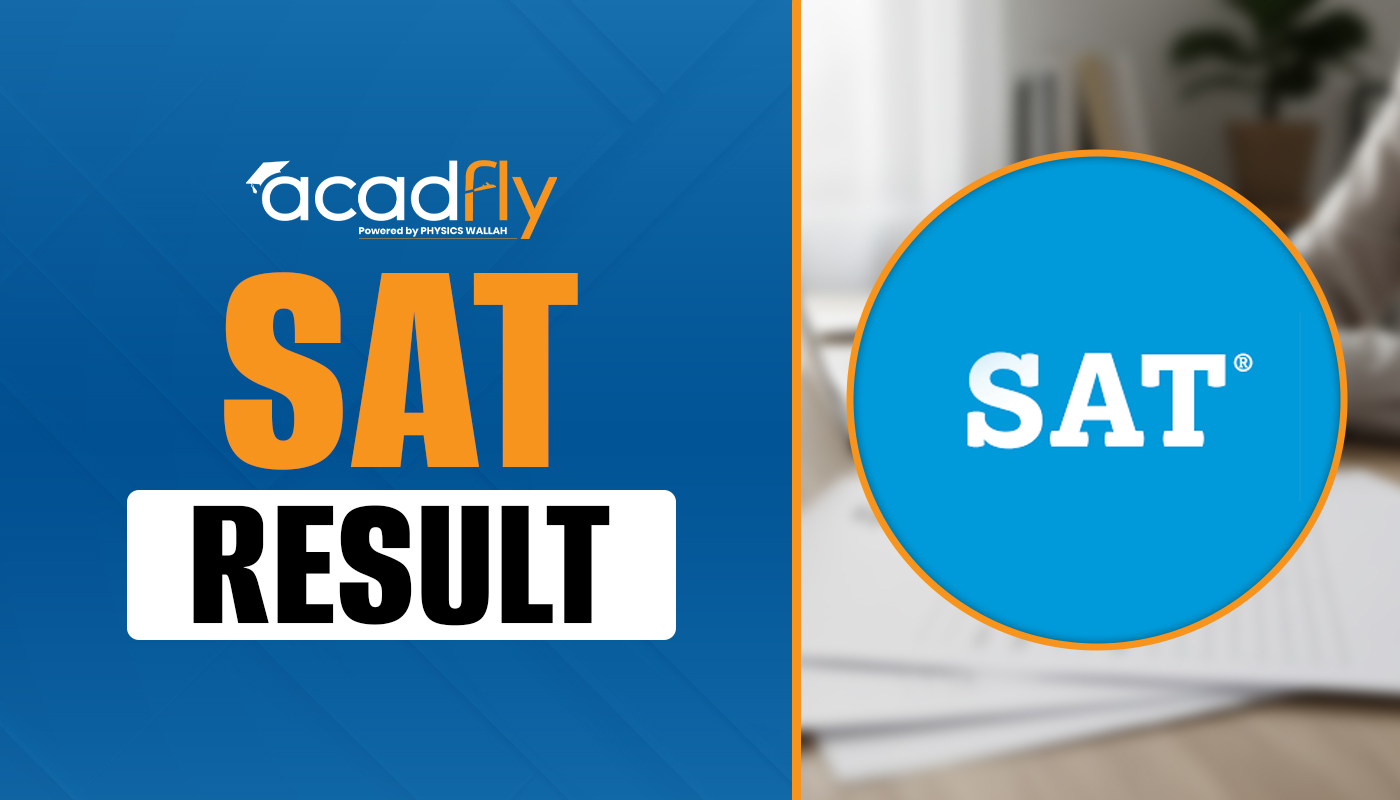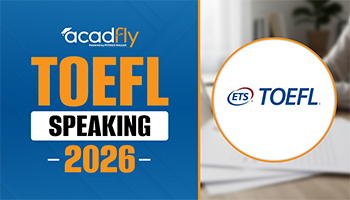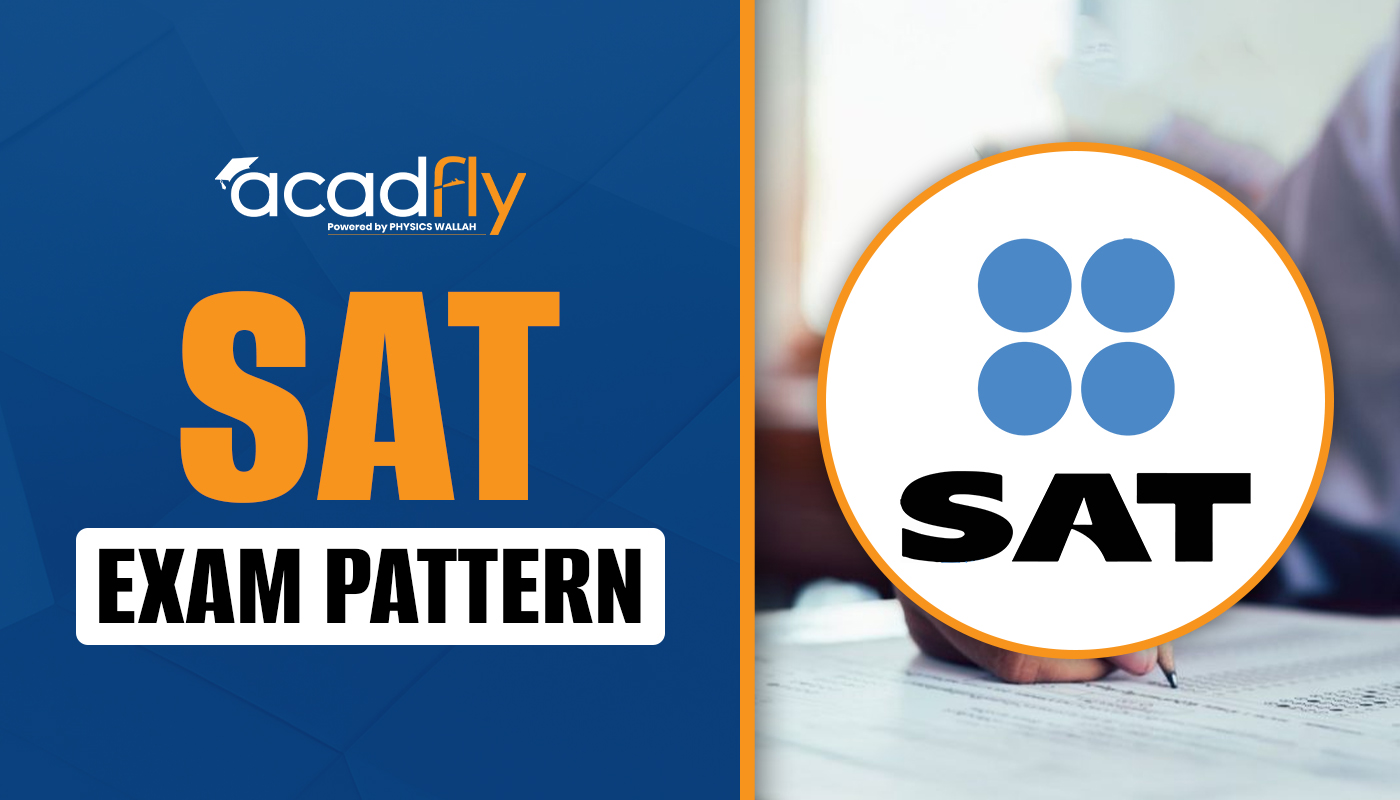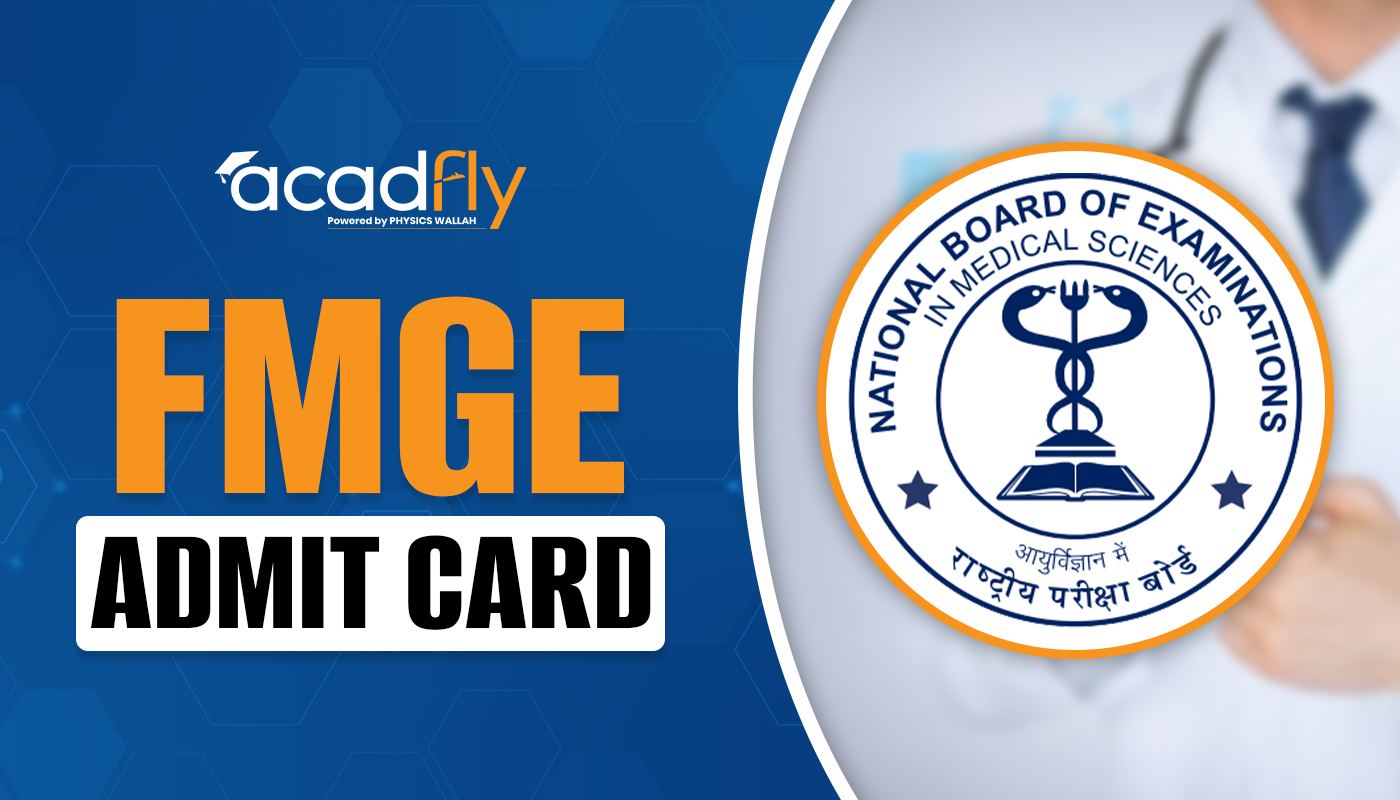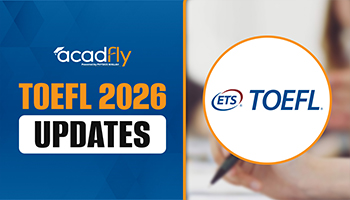
When planning to pursue an engineering degree in Australia, it is essential to understand the specific entry criteria for your program of choice. Australia is known for its world-class engineering education, and universities have rigorous standards for admission. Prospective students must meet the necessary qualifications, which include academic credentials, language proficiency, and potentially work experience, depending on the specialization. Understanding the engineering degree requirements in Australia will ensure you are well-prepared to apply and successfully gain admission to a top institution.
Engineering Masters Eligibility Australia: Admission Criteria
When considering a master's degree in engineering in Australia, it's crucial to meet specific eligibility criteria set by universities. These criteria can vary by institution and program but generally encompass educational background, language proficiency, and additional requirements. Understanding the engineering degree requirements in Australia will help you navigate the application process smoothly. Here are the key admission criteria to consider:
1. Academic Qualifications
To be eligible for a master's in engineering, candidates typically need a relevant bachelor's degree in engineering or a related field. Some universities may also consider applicants with a strong background in science or mathematics. A minimum GPA requirement may also apply, ensuring that students have a solid academic foundation.
2. English Language Proficiency
International students must demonstrate proficiency in English through tests like IELTS or TOEFL. Minimum score requirements vary by institution, but generally, an IELTS score of 6.5 or higher is expected. This requirement ensures that students can effectively engage with the curriculum and participate in discussions.
3. Work Experience
While not always mandatory, relevant work experience can enhance your application. Many programs prefer candidates with practical experience in engineering or related fields, as it adds valuable perspective to the coursework. Some universities may even require a certain number of years in a relevant job role.
4. Statement of Purpose
A compelling statement of purpose is often required as part of the application process. This document should outline your academic background, professional experience, and reasons for pursuing a master's degree in engineering. It is an opportunity to showcase your motivation and career goals.
5. Letters of Recommendation
Most universities request letters of recommendation from academic or professional references. These letters should highlight your qualifications, skills, and readiness for graduate-level study. Strong recommendations can significantly enhance your application.
6. GRE Scores (if applicable)
Some engineering programs may require GRE scores as part of the admission process. While this is more common for certain specialized programs, it’s essential to check specific university requirements. A competitive GRE score can strengthen your application.
7. Personal Interview
In some cases, universities may conduct personal interviews with prospective students. This process allows institutions to assess candidates’ suitability and clarify any aspects of their application. It’s also an opportunity for candidates to ask questions about the program.
8. Portfolio Submission (for specific programs)
For students applying to specialized engineering fields, such as architectural engineering, submitting a portfolio of work may be necessary. This portfolio should showcase relevant projects and demonstrate your skills and creativity.
Understanding these eligibility criteria is essential for aspiring engineering students, ensuring that you are well-prepared for the admission process and can meet the engineering degree requirements in Australia.
Engineering Scholarships in Australia: Financial Support Options
Pursuing a master's degree in engineering in Australia can be a significant financial investment, but various scholarships are available to help alleviate the burden. These scholarships cater to both domestic and international students, providing financial support based on merit, need, or specific criteria related to the engineering field.
1. Australian Government Research Training Program (RTP)
The RTP provides funding for international and domestic students undertaking research master's degrees. This scholarship covers tuition fees and offers a living allowance to help students focus on their research without financial stress. It’s a highly competitive scholarship awarded based on academic merit.
2. University-specific Scholarships
Many Australian universities offer their scholarships for engineering students. For example, the University of Melbourne provides the Melbourne Graduate Scholarship, which supports outstanding graduate students with a living stipend and tuition fee remission. It’s essential to check individual university websites for available scholarships.
3. Engineers Australia Scholarships
Engineers Australia offers several scholarships for engineering students, including the Engineers Australia Student Membership Scholarship. This scholarship aims to support students in their studies while also encouraging membership in the professional engineering community.
4. Australian Awards Scholarships
These scholarships are funded by the Australian government and are available for students from developing countries in the Asia-Pacific region. They cover full tuition fees, travel expenses, and a living allowance. The focus is on fostering educational opportunities that contribute to the development of students’ home countries.
5. International Postgraduate Research Scholarships (IPRS)
The IPRS is designed for international students who want to pursue a postgraduate research degree in Australia. This scholarship covers tuition fees and provides a living allowance, making it an excellent option for those interested in engineering research programs.
6. University of Sydney International Research Scholarship
This scholarship is available for international students applying for a master's or doctoral degree in engineering. It provides financial support for tuition fees and living expenses, helping students focus on their research without the added financial burden.
7. Vice-Chancellor’s Scholarships
Several Australian universities offer Vice-Chancellor's Scholarships aimed at attracting high-achieving international students. These scholarships can cover up to 100% of tuition fees and may include additional allowances for living expenses.
8. Postgraduate Scholarships in Engineering
Various organizations and foundations, such as the Royal Australian Chemical Institute (RACI) and the Australian Academy of Science, offer scholarships for postgraduate students in specific engineering fields. These scholarships often support research projects and promote innovation within the engineering sector.
IELTS/TOEFL for Engineering in Australia: Language Proficiency Requirements
When applying to study engineering in Australia, demonstrating proficiency in the English language is a crucial part of the admission process. Most universities require international students to provide evidence of their English language skills through standardized tests like IELTS (International English Language Testing System) or TOEFL (Test of English as a Foreign Language). Understanding the specific requirements for these tests is essential for prospective engineering students.
IELTS Requirements for Engineering Programs
The IELTS is widely accepted by Australian universities, and a minimum score is often required for admission into engineering programs. Typically, universities require an overall band score of 6.5 to 7.5, depending on the institution and program. Each section of the test (Listening, Reading, Writing, and Speaking) generally requires a minimum score of 6.0 or higher. This ensures that students can effectively communicate in both academic and practical engineering environments.
TOEFL Requirements for Engineering Programs
Alternatively, the TOEFL is another accepted test for demonstrating English proficiency. The most common requirement for TOEFL scores is a minimum of 79 to 100 on the iBT (Internet-based Test), depending on the university and specific engineering course. Similar to the IELTS, universities may also set section-specific score requirements to ensure comprehensive language skills. Meeting the TOEFL requirements is critical for international students who wish to enroll in engineering programs in Australia.
Top Universities for Engineering Australia: Leading Institutions for Engineering Degrees
When considering a master's degree in engineering, selecting the right university is crucial. Australia's educational landscape boasts several prestigious institutions known for their engineering programs, meeting the engineering degree requirements in Australia. These universities offer diverse specializations, cutting-edge research opportunities, and strong industry connections, ensuring students are well-prepared for their future careers.
|
University Name |
Location |
Programs Offered |
Global Ranking |
|
University of Melbourne |
Melbourne |
Master of Engineering, Master of Engineering Science |
33 |
|
Australian National University (ANU) |
Canberra |
Master of Engineering, Master of Applied Data Analytics |
49 |
|
University of Sydney |
Sydney |
Master of Engineering, Master of Project Management |
41 |
|
University of New South Wales (UNSW) |
Sydney |
Master of Engineering, Master of Computer Science |
45 |
|
Monash University |
Melbourne |
Master of Engineering, Master of Sustainable Engineering |
54 |
|
University of Queensland (UQ) |
Brisbane |
Master of Engineering, Master of Environmental Engineering |
50 |
|
University of Technology Sydney (UTS) |
Sydney |
Master of Engineering Management, Master of Data Science |
160 |
|
RMIT University |
Melbourne |
Master of Engineering, Master of Urban Design |
196 |
|
Curtin University |
Perth |
Master of Engineering, Master of Petroleum Engineering |
200 |
|
Queensland University of Technology (QUT) |
Brisbane |
Master of Engineering, Master of Information Technology |
185 |
Frequently Asked Questions
1. What are the basic engineering degree requirements in Australia?
2. Is GRE required for engineering programs in Australia?
3. What is the minimum IELTS/TOEFL score required for engineering courses?
4. Are there scholarships available for international students studying engineering in Australia?
5. What are the best universities for studying engineering in Australia?


